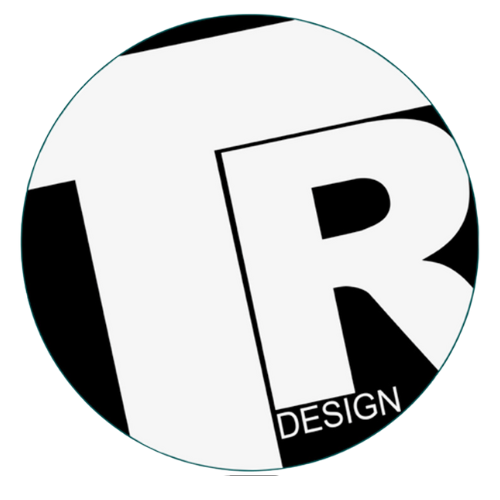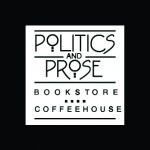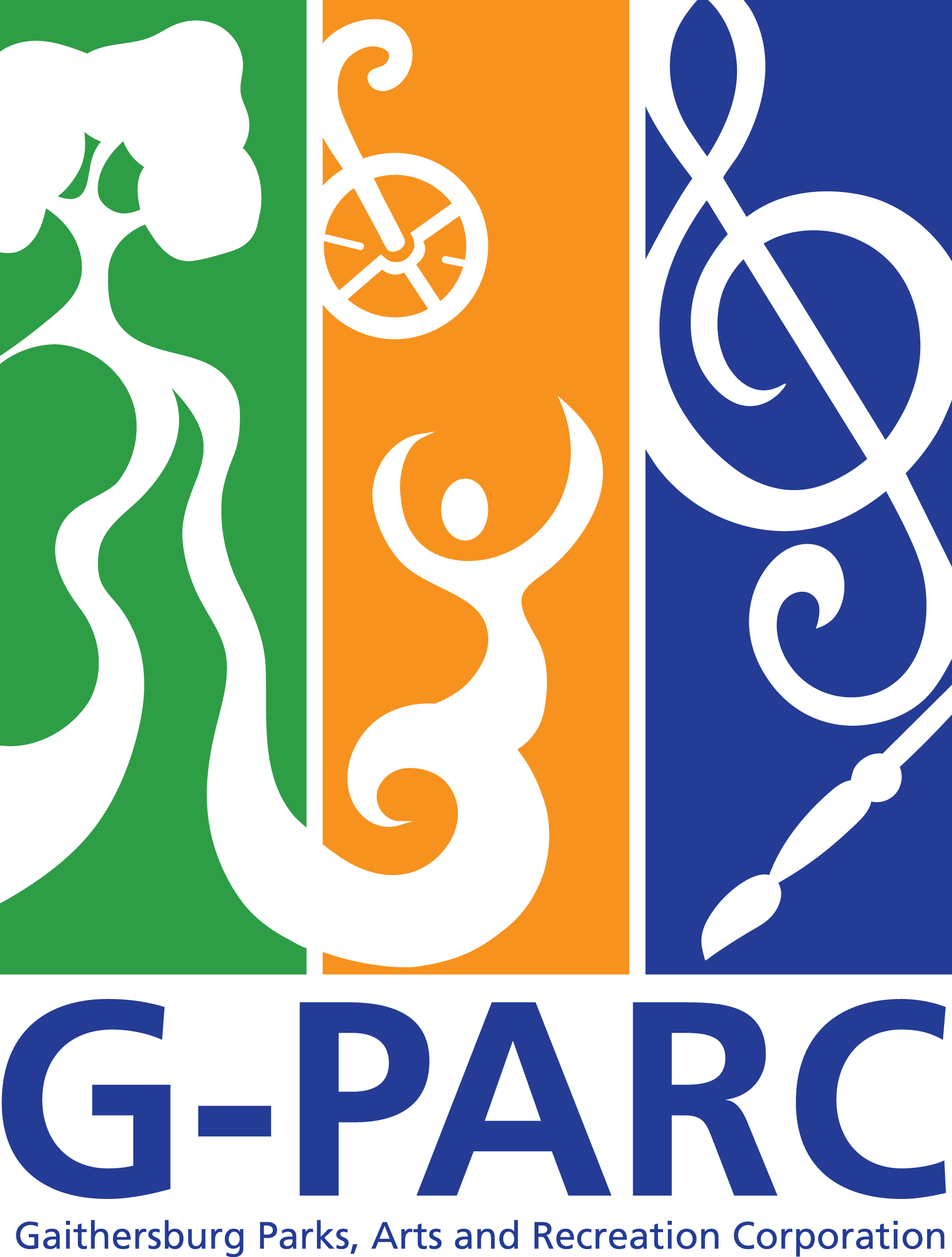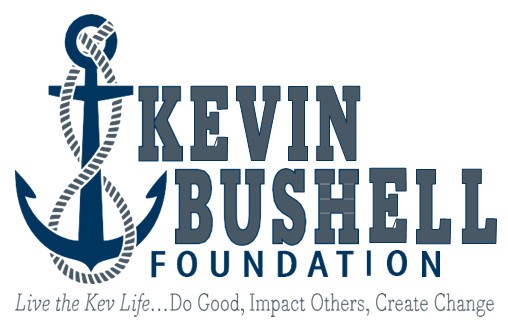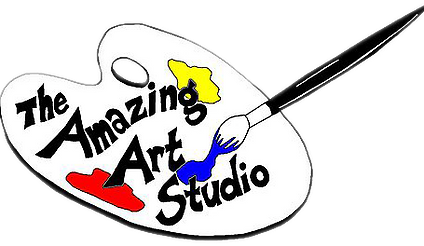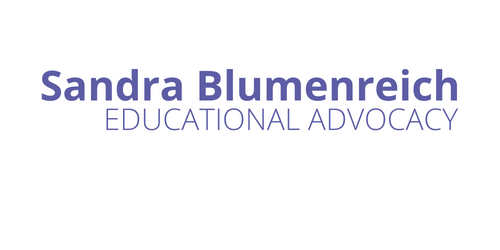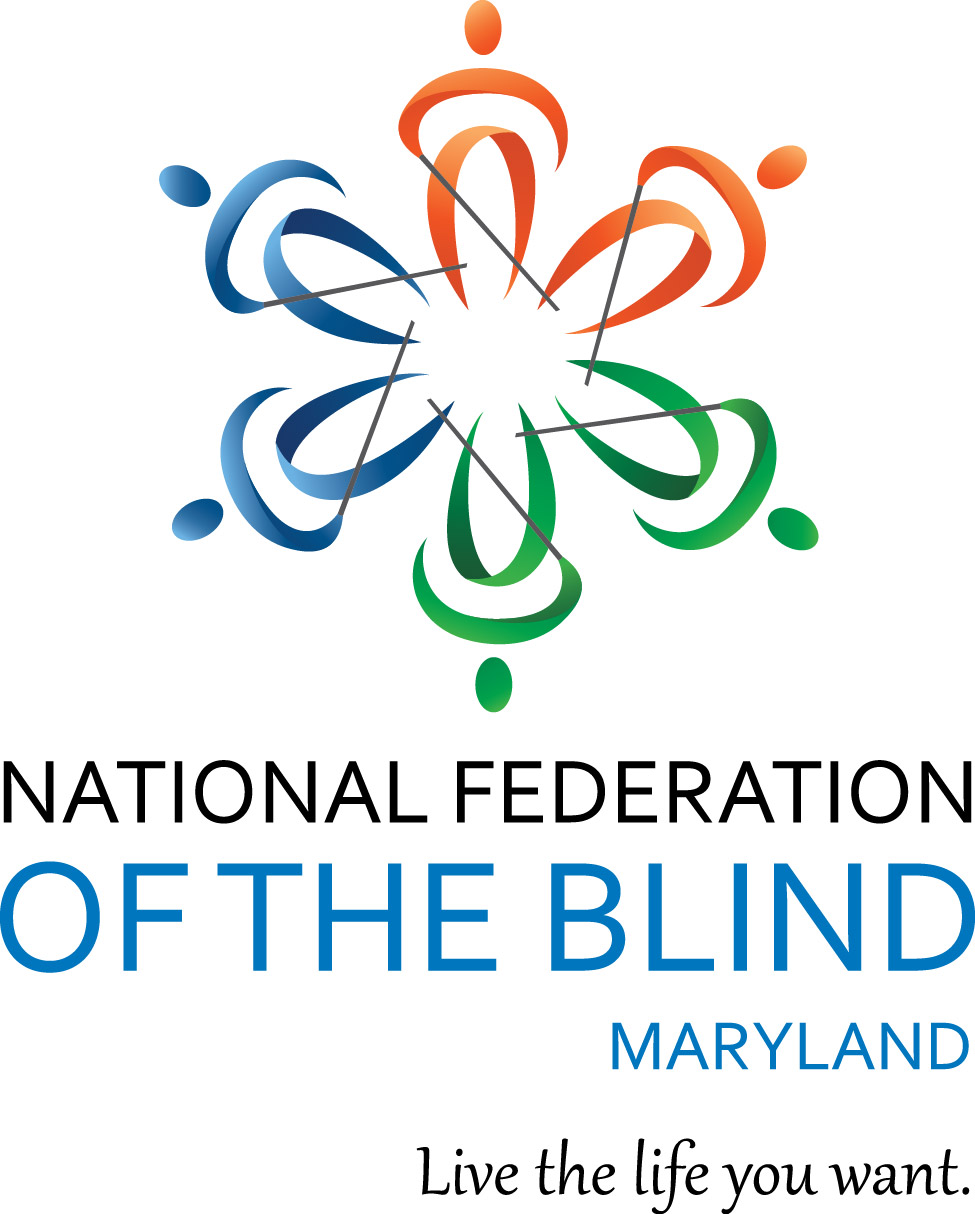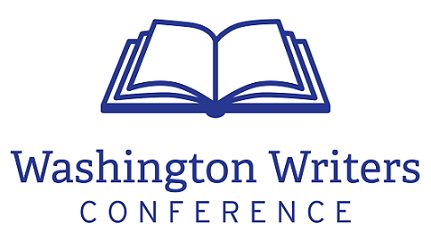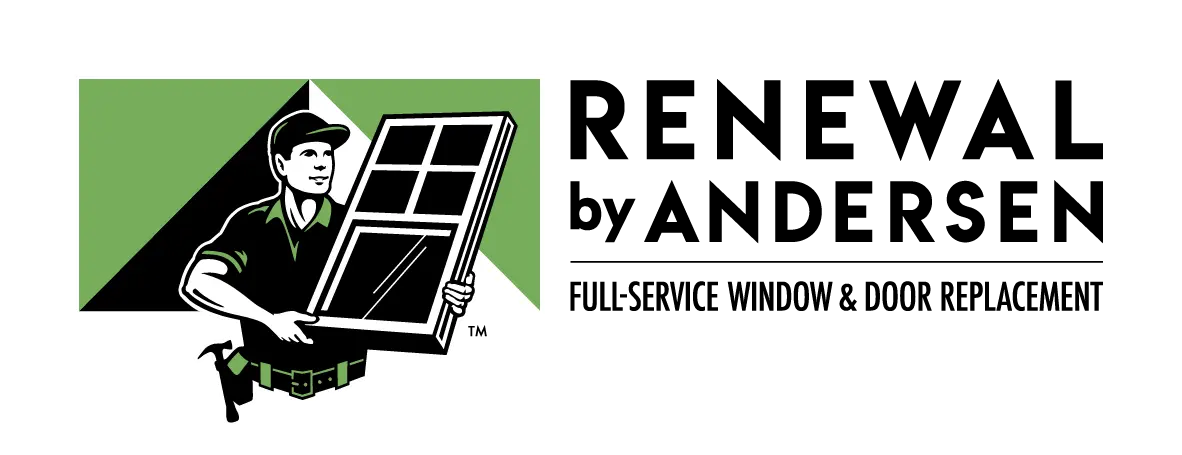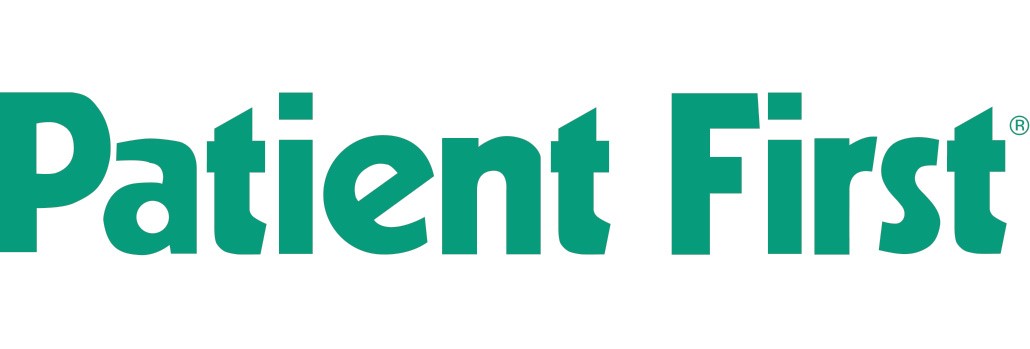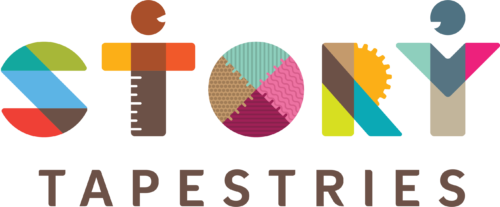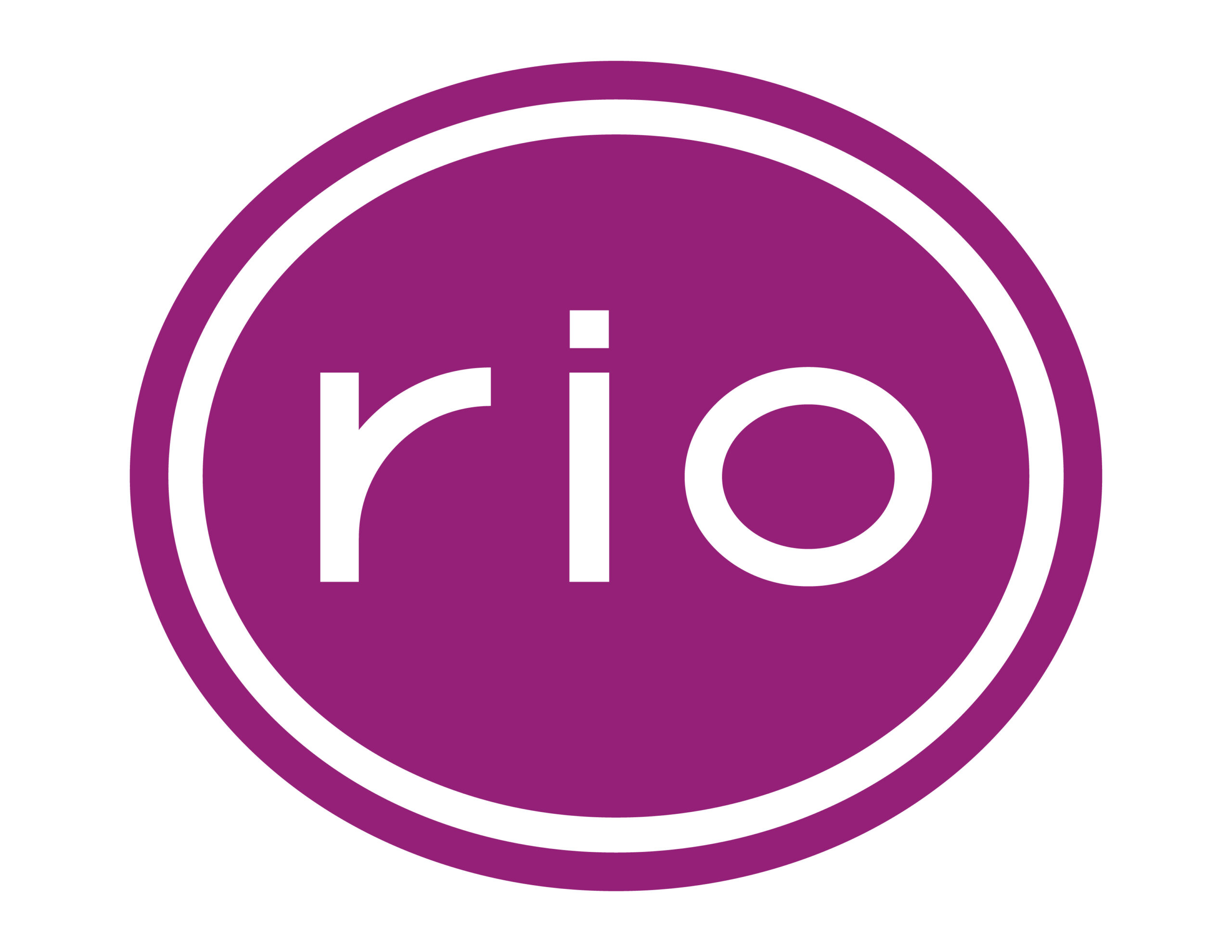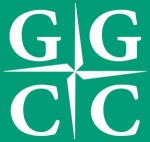Women Protagonists
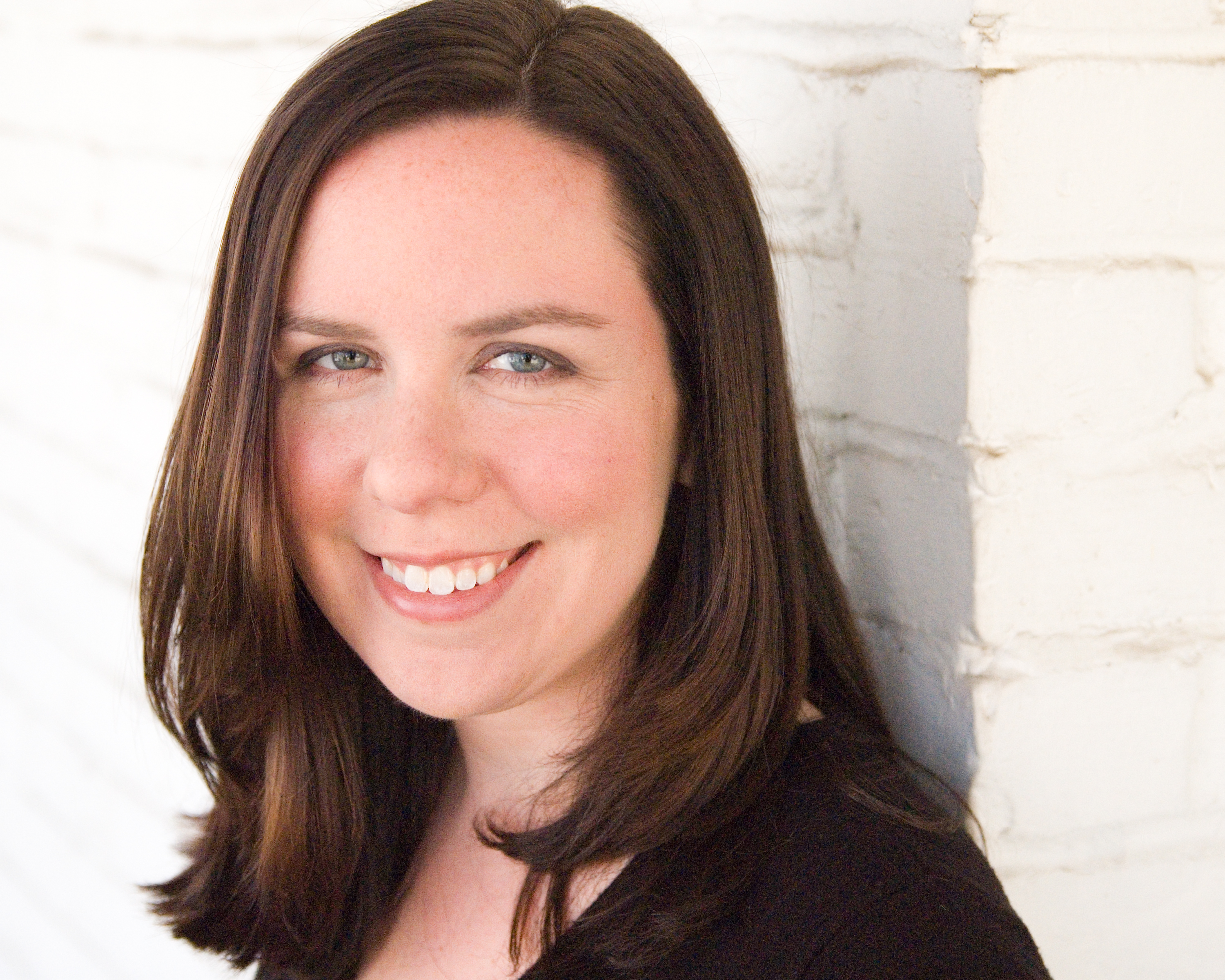
06by exhibiting author Michelle McBeth
The death of Ursula K. LeGuin hit me particularly hard in the wake of the discussions about women attaining equal representation in all areas of work. When I was in high school at about the same time I read my first LeGuin novel, I showed an aptitude for math and science and was encouraged to pursue advanced classes in those fields. My first experience with “the ratio” came my senior year, when I was the only girl in the Engineering Physics AP class with a dozen boys. I remember the excited murmurs when I entered the room for the first time, “There’s a girl in this class!” I was exceedingly lucky that with the exception of one student, I was completely accepted and even admired for tackling a traditionally male subject. There was never a question that I didn’t belong there.
When I went to Carnegie Mellon University “the ratio” became progressively worse as my classes became more difficult and specialized, but again I was completely accepted. At Carnegie Mellon my first lab partner was male. A large portion of my friends were male. It never occured to me that this was unusual, it was natural. At this point I had a vague notion that a sentiment of women not belonging in scientific fields existed from visiting less collaborative institutions where I was looked at with disdain. I felt I had been sized up as never being able to cut it, simply for being a woman. I was measured by my anatomy instead of my ability. In that environment, I would not have thrived. I likely would have dropped out and gone to culinary school (my secret dream).
When I entered the real world, I really started to see the effects of the male dominance in my field. People just didn’t accept me. I had to prove I knew what I was doing again and again. Like LeGuin, I thrived yet struggled in a male-dominated environment surrounded by less enlightened “old school” men. I remember the day I was scolded like a little girl for doing something considered radical, which was actually quite acceptable amongst younger engineers. That’s what engineers know and do; we break down problems and come up with solutions given the assets at hand.
What I also know, are technically inclined women. They poke their heads up from the sea of generic male engineers. They span the gamut of female personalities. They defy stereotypes. They are powerful; the kind of power you can only obtain from years of struggling to keep yourself afloat in a field that considers you a foreigner. In so many different ways, they drive the world forward. This is why, as I wrote my series “The Sphere Saga”, women emerged as the leaders and instigators. Some of this was intentional, some of it sprang without me realizing it was happening. The entire second book is told from the perspective of a man, but most of his actions are reactions to the women around him. Without them, he would be nothing.
These women exist, and they need more representation both in real life and fiction. Perhaps if we read about more female protagonists in our science fiction literature, over time the idea of smart, successful women in scientific fields (such as myself) will no longer be a a shocking revelation. Instead, it will of a widely accepted one. More women will have that feeling of belonging that I was lucky enough to experience early on. They will be encouraged to stick with their scientific fields, and encourage others to follow in their footsteps. And hopefully, eventually, “the ratio” will no longer be a thing we talk about.






